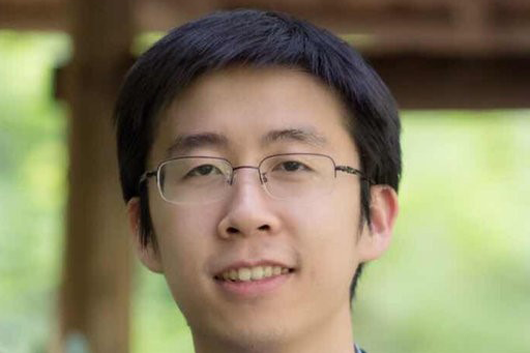
Speaker
Dr. Shunzhi (Andy) Wang, University of Washington
"Designing Material Self-Assemblies through Reprogrammed Genetic Codes"
Information rich biopolymers, such as proteins and DNA, harness genetic sequences to encode structural information and emergent life processes. Such orchestration is achieved through hierarchical self-assemblies driven by weak molecular interactions. However, despite their significance, the level of programmability observed in natural systems is still largely elusive, having been primarily shaped and refined through evolution.
Recent years have witnessed a paradigm shift, marked by the advent of highly accurate computational structural prediction tools such as AlphaFold, driven by deep-learning approaches. This evolution unlocks a multitude of novel and exciting possibilities, particularly in designing functional biomaterials with architectures and properties previously deemed unattainable. With these tools, we are now equipped to compute protein sequences that are predicted to fold into specific structures and functions, produce synthetic genes encoding these sequences, and validate them experimentally.
In this seminar, I will discuss several topics reflecting our recent progress in rational design of programmable matter via biomolecular engineering. I will begin with our discovery of particle analogs of electrons in colloidal crystals engineered with DNA, unraveling fundamental design principles. Next, by harnessing the capabilities of reinforcement learning algorithms, we developed a top-down approach to design geometrically constrained de novo protein architectures as potent vaccines and modular nanopores. Furthermore, we developed the first general strategy for computational design of 3D protein crystals as genetically encodable nanomaterials for intracellular applications. We believe the ability to assemble nanomaterials utilizing the programmable nature of DNA and protein over multiple length scales will catalyze transformative advances in human health and sustainable development.
Hosted by the Department of Chemistry
Event Series
Chemistry Seminar Series